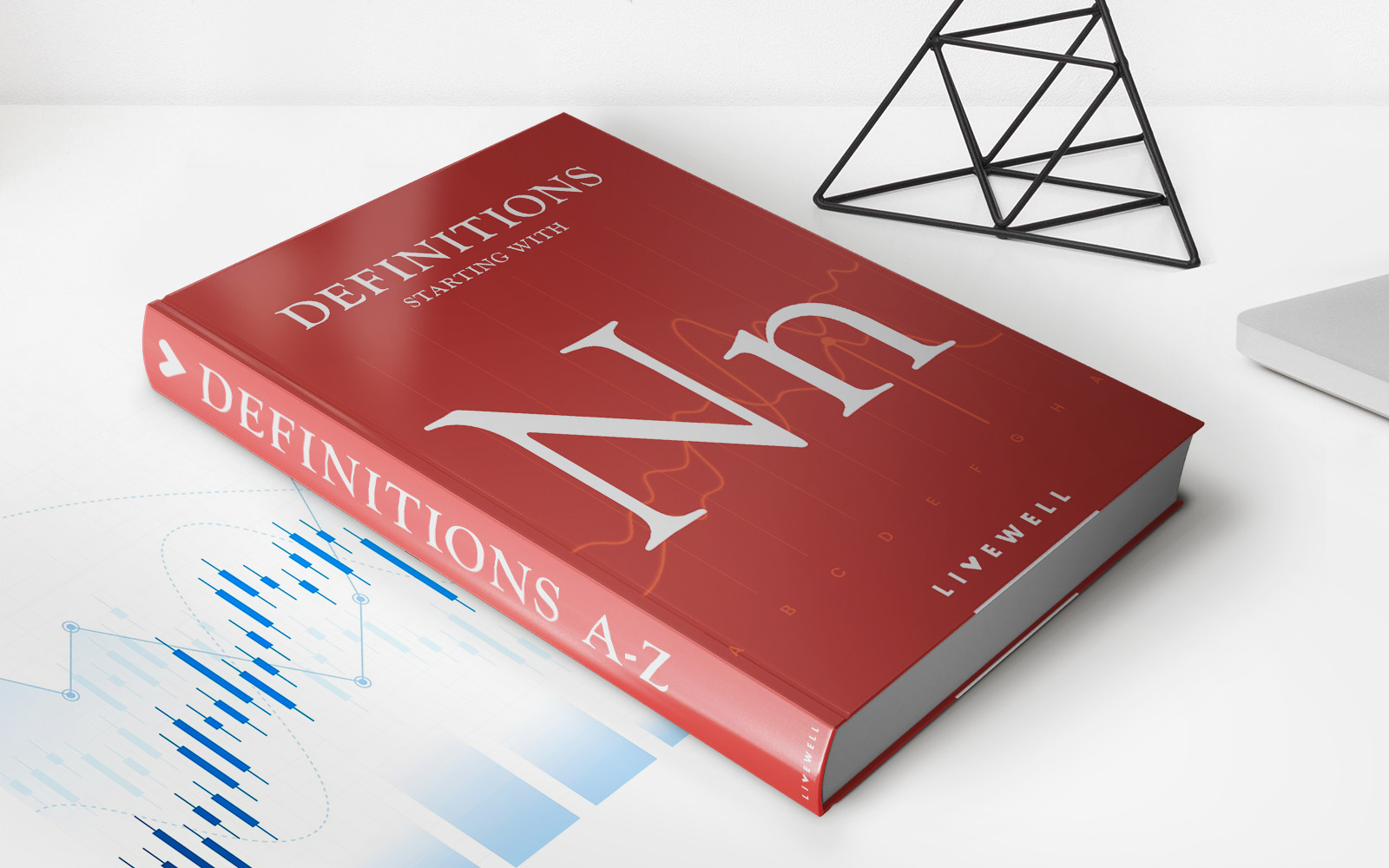Home>Finance>Derivatives Transaction Execution Facility (DTEF) Definition


Finance
Derivatives Transaction Execution Facility (DTEF) Definition
Published: November 11, 2023
Learn about the Derivatives Transaction Execution Facility (DTEF) in finance and how it impacts financial markets. Discover its definition and importance in facilitating transactions.
(Many of the links in this article redirect to a specific reviewed product. Your purchase of these products through affiliate links helps to generate commission for LiveWell, at no extra cost. Learn more)
Understanding Derivatives Transaction Execution Facility (DTEF)
Welcome to the fascinating world of finance! Today, we are going to dive deep into the realm of derivatives and explore the concept of Derivatives Transaction Execution Facility (DTEF). If you’ve ever wondered what DTEF is and how it impacts the finance industry, you’ve come to the right place. In this blog post, we will explain the definition of DTEF, its role in the finance sector, and the benefits it offers. So, let’s get started!
Key Takeaways:
- DTEF stands for Derivatives Transaction Execution Facility.
- It is a platform that facilitates the execution of derivative transactions.
What is a Derivatives Transaction Execution Facility?
Derivatives Transaction Execution Facility (DTEF) is a specialized trading platform or facility that enables the execution of derivative transactions. Derivative transactions refer to financial contracts, such as options, futures, and swaps, whose value is derived from an underlying asset or benchmark. These transactions involve parties who agree to buy or sell the derivative contracts based on specific terms, including price, quantity, and maturity date.
A DTEF acts as an intermediary that brings together buyers and sellers to conduct derivative transactions efficiently. It provides market participants with the necessary infrastructure and technology to execute trades, ensuring transparency, liquidity, and fair pricing in the derivatives market. DTEFs may be operated by exchanges, electronic trading platforms, or other regulated entities, depending on the jurisdiction and regulatory framework.
Benefits of Derivatives Transaction Execution Facility:
So, why are DTEFs important in the finance world? Here are some key benefits:
- Enhanced Market Access: DTEFs widen the accessibility to derivative markets, allowing a broader range of participants, including institutional investors, retail traders, and even individuals, to engage in trading derivative contracts. This increased market access fosters competition and liquidity, leading to more efficient price discovery and improved market efficiency.
- Improved Efficiency: By leveraging advanced technology, DTEFs streamline the execution process of derivative transactions. Through automated matching systems and order routing mechanisms, these facilities enable faster trade execution and reduce the risk of human errors. Additionally, electronic trading platforms provided by DTEFs offer market participants real-time access to market data, research tools, and analytics, enhancing transparency and decision-making capabilities.
As DTEFs continue to evolve and adapt to the changing landscape of the finance industry, they play a vital role in shaping the derivatives market. By providing a platform for efficient and transparent trading, DTEFs contribute to healthy market competition, increased investor participation, and overall market stability.
Now that we have explored the concept of Derivatives Transaction Execution Facility (DTEF) and its significance in the finance industry, we hope you have a better understanding of this important aspect of the derivatives market. Stay tuned for more informative blog posts in our finance category! If you have any questions or would like to learn about any specific topics, feel free to leave a comment below.














